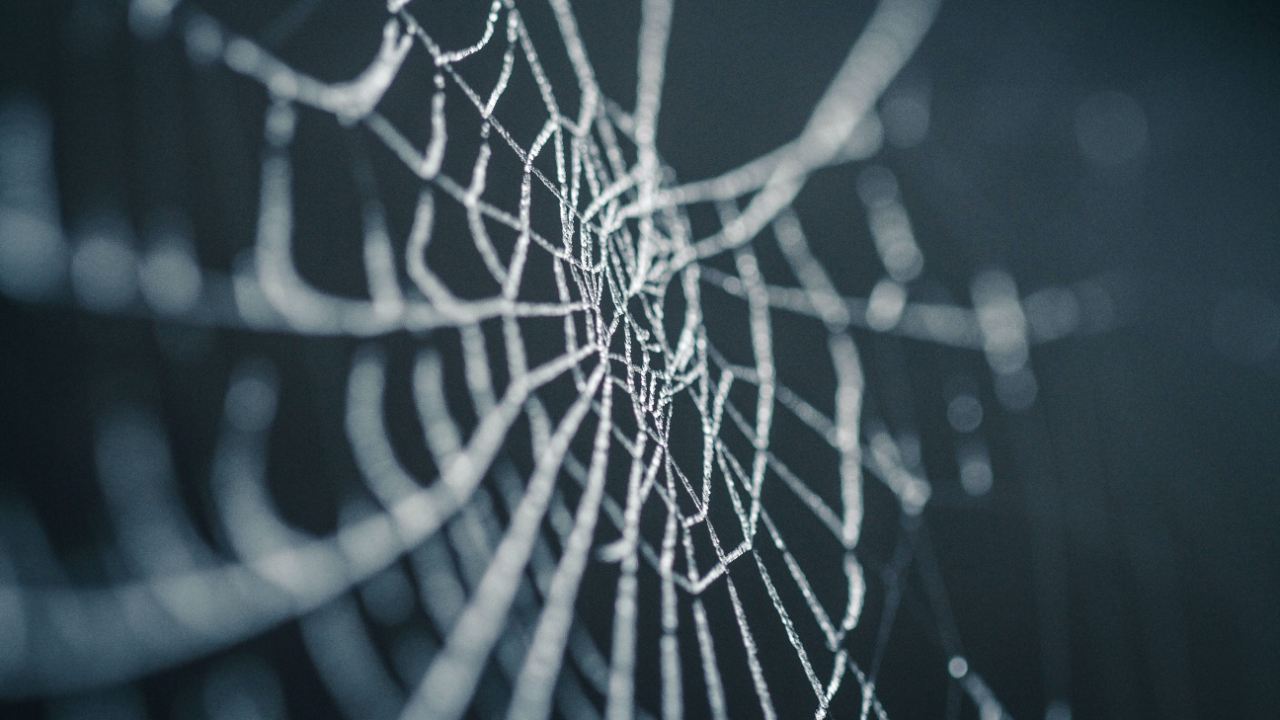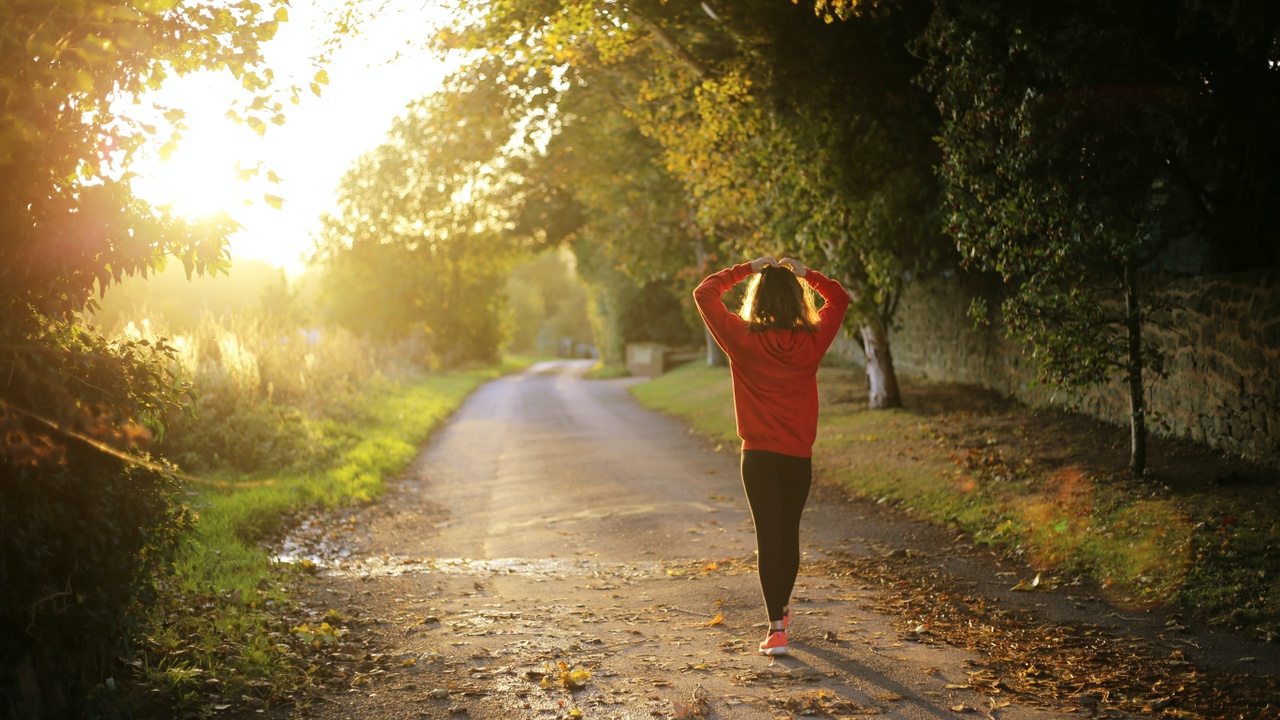It's easy to lose our sense of satisfaction and need-over-want at this festive time, but finding ways to stay connected can make the whole shebang leave a better taste in our mouths in the aftermath...
A big part of Christmas “enough already” can be around the area of food. When everything suddenly becomes adorned and dressed in festive labels, we can lose our connection with its effects in our bodies.
It’s lovely to have a treat, but less lovely when it affects our immunity, energy, mood and digestion in ways we do not enjoy.
How are you feeling about the holidays this year?
 Awareness is always helpful, so the big question at this time of 'the more the merrier' it seems, is can we retain a sense of 'enough already' in the face of such excess? The lead up to the main event is a good time to step back, take stock and see how Christmas or whatever you celebrate is permeating our lives and our expectations.
Awareness is always helpful, so the big question at this time of 'the more the merrier' it seems, is can we retain a sense of 'enough already' in the face of such excess? The lead up to the main event is a good time to step back, take stock and see how Christmas or whatever you celebrate is permeating our lives and our expectations.
Are you dizzy as a child at the thought of Santa’s touchdown or feeling...
Many of us know when we’re started to feel the effects of stress – we can ‘feel it in our gut’. Like many cop shows where the lead detective gets her or his ‘hunch’ from these gut feelings, we are continually responding to the continual ebb and flow of input from deep in our belly. Exploring how we tune in to these messages is the basis for the mind-body connection at the heart of yoga and how we can navigate the noise of the modern world without ‘losing our heads’.
Gut feelings are always there for us to access and if connected, listen and respond to, but it is an endemic part of our modern ‘thinking over feeling’ culture to often push down, ignore or dismiss those voices from below. This is where we respond from our conditioning, from what the primal branches of our nervous has deemed safe or unsafe from the ages before around seven years old, when all experience is processed literally and unconsciously. Before we learn to form inner discussions around what we’re presented with, our...
We explore how we’re hard-wired for craving – from sugar to screens – but can develop practical tools to consciously override this primal stress-induced reactivity and find other ways of self-soothing.
Desire and aversion
From the moment we are born, we seek what gives us pleasure - it is deep within our primal make-up to desire and to use this as motivation to seek and obtain what we need. As babies, reaching to suckle provides the impetus to self-coordinate and move to find nourishment – and our first reward for such behaviour, the sweetness of milk, sets up associations that we take through life.
As we grow, quick-fix foods are often wired into our neural networks as this comfort or reward, so deeply sown into the wiring and internal drives of what soothes us. These might replicate this first sweet taste, or we can shift towards other substances (or behaviours) that complete such loops – bringing us back down to relief when we feel agitated, overwhelmed or in the face of di...
Our bodies have natural calming mechanisms, but we often run them at such high speeds that we lose the ability to plug into our natural braking systems. Some simple tips and dietary changes can provide an intervention when agitation takes over.
Self-soothing is the mechanism our bodies use to bring themselves back down to a calm place, after or even during a stressful event. This can mean finding the space to be able to decide the most compassionate and helpful reaction in a crisis or feeling all systems come back down after being completely revved up and reactive. When we’re in chronic stress and feeling life has become one big hyper-vigilant ‘constant alert’, we can feel we’ve lost this route back to settling down, releasing pent-up mind-body tension and finding the peace we need for recovery. Without healthy self-soothing abilities, living in a heightened state can be exhausting, lead to whole host of stress-related symptoms (anxiety, insomnia, IBS and weight gain to name a few) an...
Supporting our bodies through challenging times
We all have those bodily signs that seem to pop up when life’s challenges build to a crescendo. Although these can seem pretty benign, it’s good to watch the signals and be able to respond to them with dietary solutions. Periods of stress use up most nutrients more quickly as our whole systems – eg. energy, brain responses, hormones, immunity – are all working at a higher and faster rate. So some symptoms associated with different vitamin or mineral deficiencies can show up and alert us to possible deeper long-term effects of chronic stress. The food sources shown can help replace used nutrients, but also reducing sugar and stress means our diets are naturally more nutrient dense and we spare our resources.

B vitamins and Minerals
Firstly, let’s look at the B vitamins and minerals that we use up quickly in the stress response to make the energy, hormones, enzymes and neurotransmitters we need for that levels of reaction. Even if we d...
Spiky Balls are being seen more and more in shops and fitness studios, but what are they for and how do they work? Firstly, you need a good quality ball, some have shallower ‘spikes’ and a more forgiving surface, these are often referred to as ‘Pilates trigger point release spiky balls’ or ‘Prickle Stimulating Balls’. The texture and responsive surface of this type of spiky ball means that we can move into areas that intuitively feel of benefit, but we are able to move around, modulate and play with pressure and movement as simply feels right.
This is how these balls work on the myo-fascial system, the complex continuum of muscle and connective tissue (fascia) that creates the whole web of our bodies. Meeting this through the surface of the skin can help to reduce muscle tension, improve blood flow, increase body awareness and aid in injury prevention and rehabilitation. Loose fascia is a particular part of the superficial fascia, a web that from under the skin, moves into and between...
With stress on the rise as we face three of the most challenging factors for the human psyche - change, uncertainty and lack of knowledge – watching for some really common stress-related symptoms is a good barometer to acknowledging when we need to step back for some self-care.
There are some quick-fire ways to address your body showing you it is in survival mode, but paying attention in the longer term can help us ride the waves of change and keep our sanity intact.
From the fear-based place of the fight-or-flight response, finding ways to let your whole mind-body know it is safe in this moment is the route to calming excitation that spreads into muscles, mind and affects our capacity for sustainable sleep, mood and energy.
-
Racing mind, worry and anxiety
It’s natural for our inner dialogue to go to full-on protection mode when we perceive danger is afoot. It doesn’t matter that the threat might not be of a full-on physical nature, we are set to track for dangers on the per...
Stress is a natural part of the human experience, but how we can regulate how we cope with its presence. Chronic stress and trauma create rigidity and tension within body tissues that leave our responses less adaptable and link them to inflammatory and structural issues. Add in that much of modern stress is within sedentary behaviour patterns that don’t allow us to physically express when we are angry, sad or in pain. Recent interest in movement as ‘body psychotherapy’ describes how we process much of our unconscious thought via our physical body.
A 2014 review of mindful movement research called Movement-based embodied contemplative practices: definitions and paradigms (Front Hum Neurosci. 2014; 8: 205) discussed how, over the past decades, cognitive neuroscience has witnessed a shift from predominantly disembodied and computational views of the mind, to more embodied and situated views of the mind. Put simply, to separate out mind from body is to miss intricate links between our men...
There are some real clues when I see clients as to the level of stress that people have been living under and the point where they may be at breaking, close to burnout or on the edge of running out of resources - even to the point of adrenal fatigue or exhaustion. Many of these red flags are describing how people view themselves or the habits that they've been living under that come from age-old conditionings, those strategies that we lay down from very, very early on in life.
So many of the stress burdens that people cycle around are about how much they expect themselves to do, how much they expect themselves to achieve and ideas that relaxing or being restful or in recovery are somehow bad. Unraveling these limiting beliefs and finding new ways to approach how we fill our time and how we nourish ourselves enough to keep going without crashing, can take changes in attitude and lifestyle that have far reaching consequences.
- I'm so overwhelmed, I can't cope.
The feeling of be...
5 Natural (and free) at-your-desk Energisers – body tricks to stop you turning to the sugar and caffeine
When we’re locked into work mode with deadlines and overload, even a quick break may seem impossible.
It’s important to get up and move around, but at those times in between helping ourselves to stay and concentrate can help the achievement that also relieves stress.
Even when we’re just sitting at our desks, we’re using up masses of energy on brain power. At a normal resting state our big brains demand around 20% of our total energy expenditure.
If we’re under pressure, a stressed state can increase that energy proportion to around 70-75% as our brains are vital to survival when our bodies sense this as danger.
Running at that level, it’s easy to see how we can get the craving signals that send us towards the instant energy highs that are sugar and caffeine.
Chocolate, biscuits, tea and coffee can perk up us in the short-term, but they do add to our stress load as they rob us...
Stress is a common factor in everyday life, but it is important to not define this as simply bad, but rather examine our responses to challenges and the number of things ‘to do’ that we may habitually take on – or not say no to!
The nature of stress in the 21st century (in developed countries) isn’t so much about everyday survival and physical hardship, yet we still respond in the full physiological fight-or-flight way even if we’re wound up about the email influx, worried about paying the bills or having relationship woes. Finding ways and the time and space to come down from these heightened responses can create a day-to-day life where demands can seem less threatening, reactions less well, reactionary and a sense of easy come/ easy go more possible it. It is this adaptability and resilience that shows how well we are able to cope and when it feels frazzled and low, how much we need to nurture the sense of safety and gathering resources that we need to feel life is joyous, rather th...















